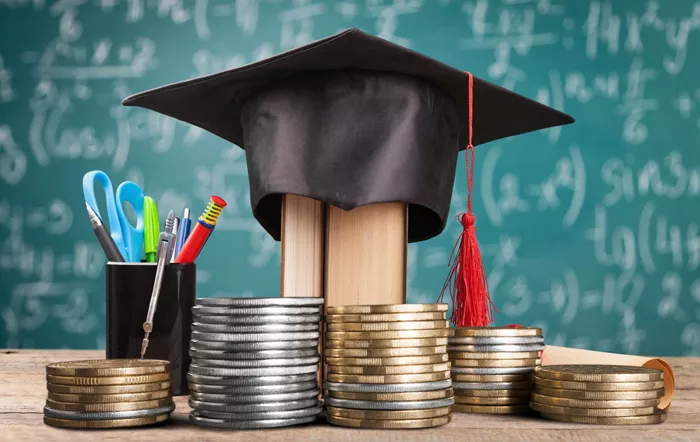Student loans can affect your credit score both positively and negatively. Recently, many borrowers have seen their scores drop as student loan payments resumed after a long pandemic pause.
In the first three months of 2025, credit scores fell by over 100 points for 2.2 million borrowers who missed payments. More than 1 million borrowers saw drops of 150 points or more, according to analysis by the Federal Reserve Bank of New York. Many of these borrowers had good credit scores before, showing how student loans can strongly influence credit.
The biggest factor in your credit score is your payment history. Paying your student loans on time can improve your score over time. But missing payments or making late payments can cause your score to drop. If you default on your loan, which means missing payments for 270 days, your score will fall even more.
Other factors can also affect your credit. For example, applying for private student loans may cause a temporary dip because of a hard credit inquiry. On the positive side, having student loans can diversify your credit mix, which can slightly boost your score.
If you miss a payment, your credit score can improve quickly once you start paying on time again. However, defaults and delinquencies can stay on your credit report for up to seven years, making it harder to get new credit.
To rebuild your credit after student loan problems, focus on paying on time, reducing overall debt, and talking to your lender about options. Consolidation or rehabilitation programs may help if your loans are in default.
Read more:


